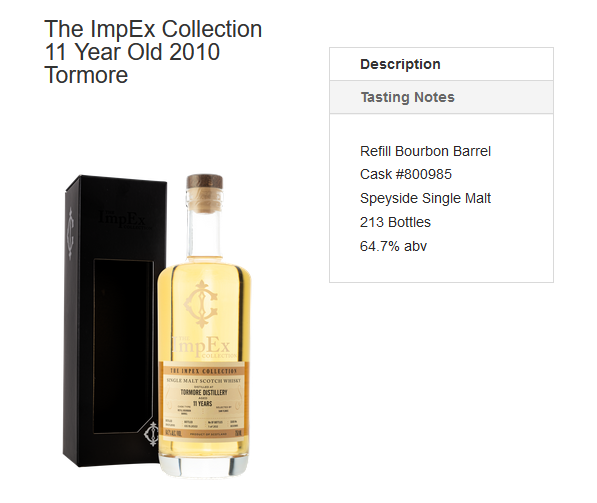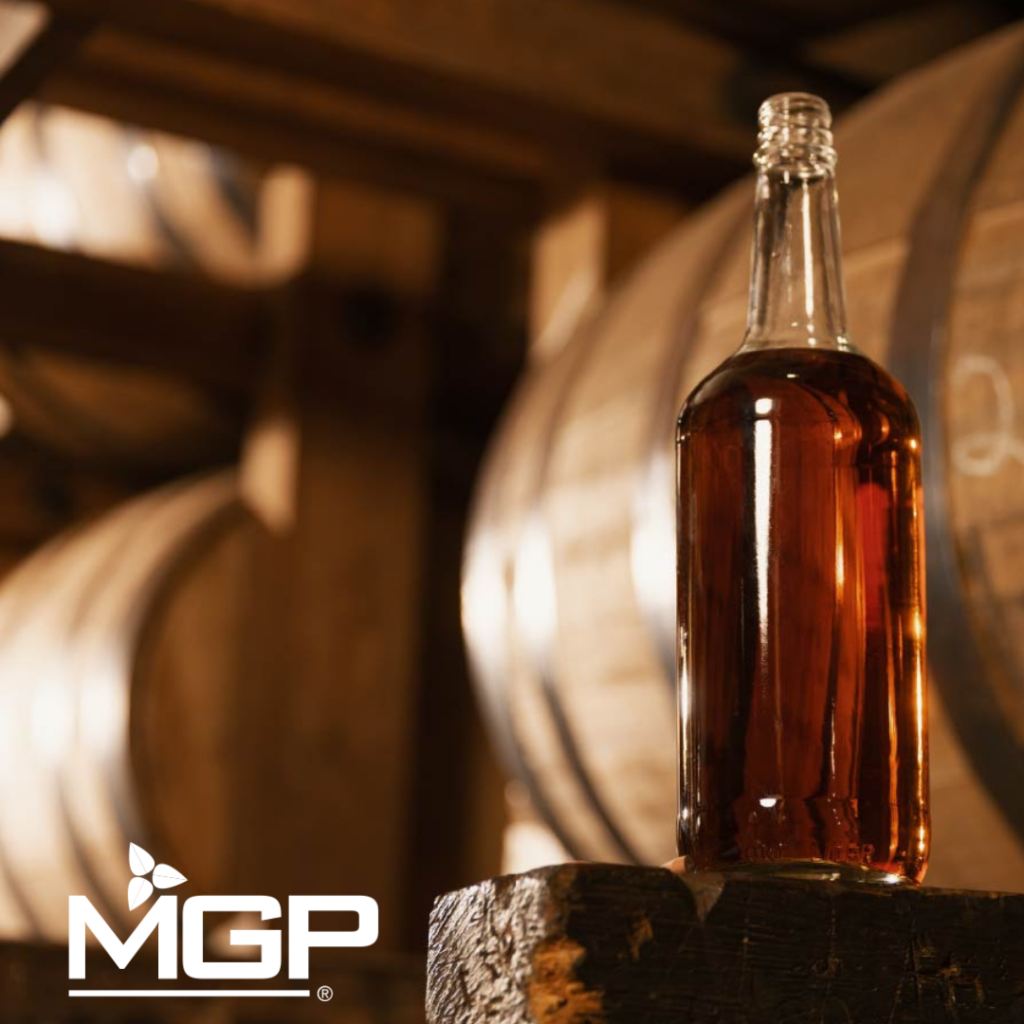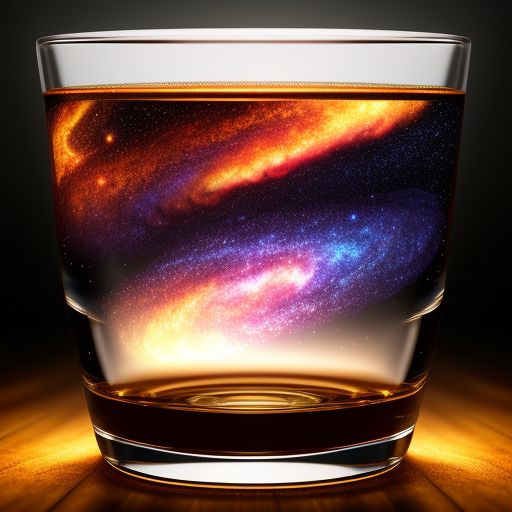Distilleries, Independent Bottlers and NDPs…all of the above sell whisk(e)y. But for newcomers to the whiskeyverse, the differences between these various entities may not be readily apparent.
Likely if you are reading this magazine, you’re already familiar with what a distillery is: a company that physically produces whiskey (or other spirits). However, not all distilleries that make whiskey do so with the intent of bottling their product under their own name. They instead produce whiskey solely for the use of other companies, whether that be simply stock to sell however their buyers see fit, or liquid ordered by these other companies to their unique specs.

In Scotland, this situation usually arises with distilleries that primarily produce whisky for inclusion in blends such as Johnnie Walker, Dewar’s, Buchanan’s, or Bell’s. Excess product or specific barrels that do not fit the necessary blend profiles are then sold to brokers or independent bottlers (IBs), companies that buy casks of whisky to release under their own name. These independently bottled releases–which also list the producing distillery, if contractually permitted–are often the only way for consumers to try whisky from these distilleries (pictured above, a classic ImpEx Beverages Independent Bottling. (For more on independent bottlers, please see my article “Independent Bottling: A Primer”.)
But what about NDPs? How are they different from distilleries? For that matter, just what does the abbreviation NDP stand for?
NDP stands for Non-Distiller Producer, a term most commonly associated with American whiskey. An NDP is a company that buys whiskey from a distillery and then sells and markets the product under its own name. Sound familiar? On the surface, a non-distiller producer sounds much like an independent bottler. Indeed, the two do share many similarities, particularly the salient point that differentiates both non-distiller producers and independent bottlers from distilleries: neither make their own whiskey, instead sourcing it from a distillery.
NDP stands for Non-Distiller Producer, a term most commonly associated with American whiskey.
But there are key differences that separate IBs and NDPs. Independent bottler releases are always clearly independent bottler releases. Whenever possible they are co-branded with the distillery’s name, although there are some distilleries that do not allow that, forcing the IB wither to describe the bottle as (for example) “Speyside Single Malt Whisky” or to come up with their own secondary name…often one that hints at what the underlying distillery may be.
NDPs also used sourced whisky, but they focus on their brand name as the selling factor instead of the producing distillery. As such, the sourcing may take various forms. Some NDPs purchase fully-produced casks from large distilleries, similar to how an IB would, but others contract distilleries to produce whiskey for them in accordance with their own recipes and/or other specifications. In this case the NDP is closer conceptually to a distillery than an independent bottler would be, since the “design” (so to speak) comes from the NDP, with the only thing the NDP is not doing is creating the physical production itself.
Transparency is not required of NDPs, although in recent years transparency has become more common as consumers have demanded it. But instead of finding the distillery co-branded on the front of the label, one has to look at the production and bottling info to know where the whiskey was sourced.
Since there is no obvious NDP labeling, you most likely have drunk NDP brands without realizing they were sourced whisky not distilled by the brand. I know I have. Making matters even more confusing is that some brands may be both distillers and NDPs. Dickel is a good example here, distilling most of its own whiskey save for the Dickel Rye, which is produced by MGP Ingredients in Lawrenceburg, Indiana. MGP (formerly Midwest Grain Products) is one of the largest distilleries sourcing NDPs, alongside the likes of Brown-Forman, Heaven Hill, and, yes, Dickel, which sources NDPs, too.

Additionally, both IBs and NDPs may also choose to blend whiskies. When an independent bottler does so it can no longer list the distillery on the label as a single malt, instead describing the final product as a “blended malt” or “blended whisky,” as appropriate.
The most important thing to realize is that, regardless of the sourcing or the level of transparency provided, there is nothing necessarily lesser about NDPs. They can be absolutely beautiful whiskies equal to, or surpassing distillery releases. As with any other whiskey, the length of aging, the casks used, and the blending all contribute to the quality of the final product. The sourcing is only one small part of a much greater process.




